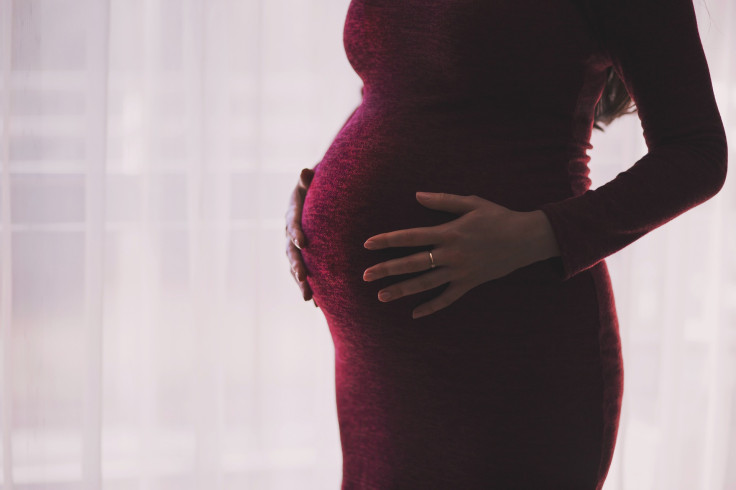Caffeine harms pregnant women regardless of amount, study shows but not everyone agrees
Researchers found that caffeine consumption while pregnant was associated with higher risks of stillbirth, and low birth weight and or size.
Pregnant women should start to reconsider before grabbing a cup of coffee as a new study revealed that caffeine, regardless of the amount, is harmful during pregnancy. While this may sound alarming, many doctors contradict this and are sticking to the two-cup limit.
A new study review, which was published in BMJ on Monday, analysed 37 observational studies conducted on the link between pregnancy and caffeine. The researchers found that caffeine consumption while pregnant was associated with higher risks of stillbirth, low birth weight or size for baby's gestational age, miscarriage, and childhood obesity. As to pre-term birth, the researchers did not find any association.
Jack James, the author of the study and Reykjavik University professor of psychology in Iceland stated that accumulating the scientific evidence would advise pregnant women, as well as those who are planning a pregnancy, against caffeine consumption. He also underscored the need to revisit the current health guidelines on pregnancy and caffeine intake.
The recommendation of James though was not supported by other health experts. The American College Of Obstetricians and Gynecologists (ACOG) vice president of practice activities Dr Christopher Zahn, in an email to CNN, stated that there is no need to immediately change the present guidance based on the study conducted by James. He reiterated that pregnant women may consume moderate amounts of caffeine, roughly at less than 200mg in a day. He also pointed out that such is not a major contributing factor in the development of preterm birth nor miscarriage.
It was not only the ACOG that stood opposed to James' research, but the Royal College of Obstetricians and Gynecologists (RCOG) in the UK also issued a similar statement, which contradicts James' research.
Dr Daghni Rajasingam, the spokesperson of RCOG, noted that the current advice in limiting caffeine consumption to 200 mg per day still stands. In terms of instant coffee, the 200 mg limit is equivalent to two cups.
Meanwhile, the National Coffee Association also issued a statement regarding the controversial coffee study by referring to a comment made by Dr Alan Leviton, a Harvard Medical School professor. Leviton mentioned that the review was "notoriously inaccurate" as it only drew conclusions from studies based on self-reported consumption data.

While this study raised various contentions with regards to caffeine consumption, an outside expert, Dr Cathy Knight-Agarwal who is a clinical assistant professor of nutrition from the University of Canberra in Australia, said that from her own perspective, consuming such products could only induce psychological pleasure, which is a benefit in itself. She, however, asked whether the pleasure benefit would be a good enough reason not to cut out coffee consumption during pregnancy.
© Copyright IBTimes 2025. All rights reserved.





















